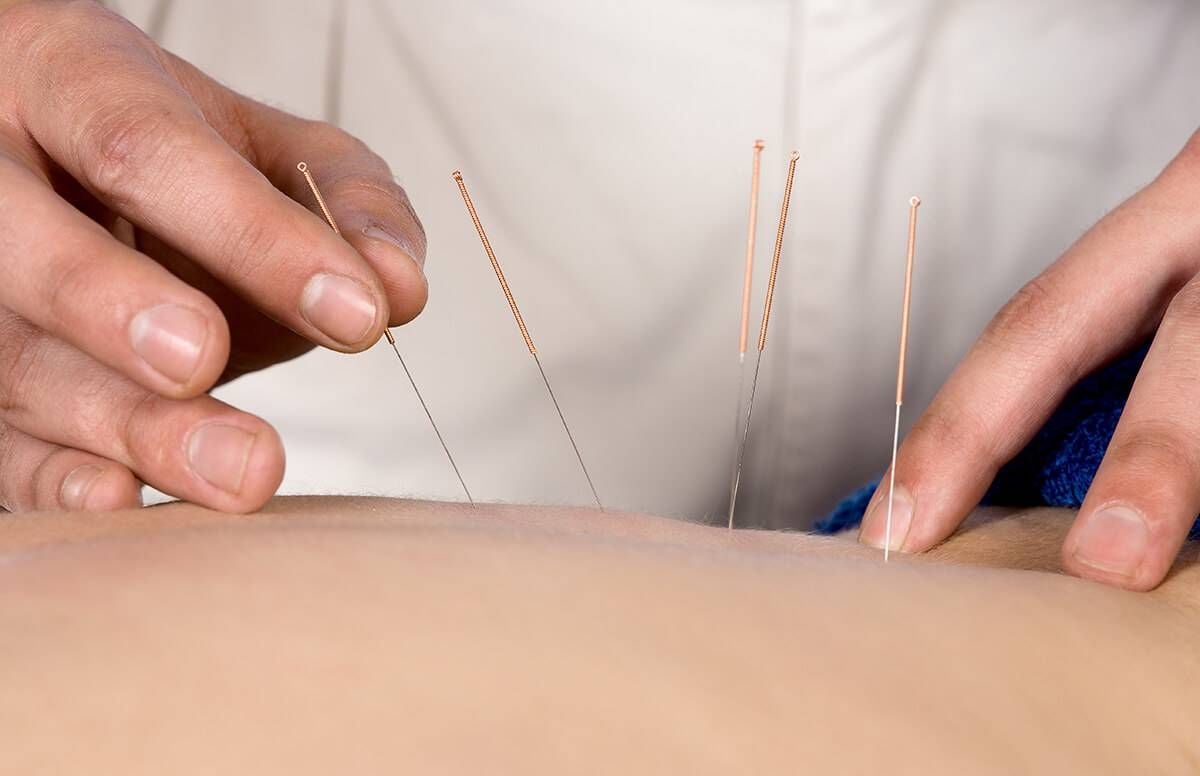How Acupuncture Can Reduce the Need for Medications
This practitioner says you don't have to break up with your regular doctor
(This article appeared previously on MedShadow.org.)

A common concern for patients who integrate different treatment types is the divided loyalty they feel between their practitioners. Even well-informed patients can be overwhelmed, and there is a common misconception that conventional medicine and “complementary” modalities such as acupuncture are mutually exclusive.
In my practice, I try to dispel that myth, and I work hand-in-hand with medical doctors every day. I believe that the breadth of medical possibilities for individuals, as well as for the greater public good, is only as dynamic as the practitioners who deliver it. Building bridges works best to provide patients with excellent treatment as well as preventive care.
Increasing Role of Acupuncture
The language of complementary medicine is at times dismissed as new-age fluff. As an example, acupuncture and Chinese medicine are associated with a principle of restoring balance. In fact, that accurately describes a process that in conventional medicine we call homeostasis: the body’s ability to self-regulate and heal through the interactions of multiple physiological systems.
With this in mind, there is an increasing role being played by acupuncture in conjunction with and, at times, as an alternative to conventional medicine.
An ever-growing body of evidence-based research illustrates just how effectively acupuncture can treat many acute and chronic conditions. As a result, the role of acupuncture in mainstream medicine continues to grow for both consumers and institutions.
Cutting Health Costs and Adverse Reactions
Clinics such as the Memorial Sloan Kettering Cancer Center in New York City have specialized acupuncture training programs that reflect how Chinese medicine is used to support their patients. In addition, many hospitals across the country offer acupuncture services that improve outcomes and quality-of-life measurements, as well as reduce treatment costs.
Consider this: Chronic disease represents over 85 percent of national health care expenditure in the U.S. This places it among the most expensive and preventable of health care costs. A portion of these costs — and the risk of adverse reactions from taking many medications to treat disease — could be reduced with treatments and preventive care that take a more holistic approach.
Acupuncture can be a part of this equation, reducing — and in some cases even replacing — drugs. Side effects, for example, are a universal concern. However, rather than tolerating them or even medicating them further, adverse reactions are attended to immediately in Chinese medicine, where the principles of restoration consider the patient who is being treated as much as the disease.
The efficacy and safety of Chinese medicine and acupuncture — based on 3,000 years of literature and clinical experience — are as clinically relevant today as ever before.
‘Increasingly Valuable’ Holistic Tool
This is not a medical turf war, and I don’t suggest that acupuncture is a panacea that can summarily replace conventional medicine.
However, the holistic nature of acupuncture therapy — namely the directed treatment of specific health concerns in the context of a patient’s constitutional and historic medical background — make it a unique and increasingly valuable tool in the health care mainstream.

